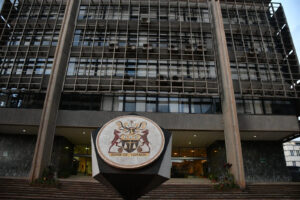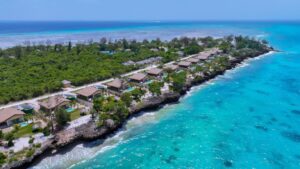African Development Bank (AfDB) has approved a grant worth $8 million aimed at supporting the preparation of the Ruzizi IV Hydropower Project.
A statement from the Bank shows that the grant was drawn from the European Union’s Africa Investment Platform (EU-AIP).
According to the bank, the plant will be situated on the Ruzizi River between Rwanda and the Democratic Republic of Congo (DRC) and is expected to supply electricity to the DRC, Burundi, and Rwanda.
About half of Rwandans have access to electricity, and the project comes to strengthen the fast-growing economy energy sector ambition, set on increasing access, stimulating demand and strengthening transmission network.
The project also stands to improve electricity supply status to one the least electrified nation’s in the world, Burundi with access rate standing at 7 per cent. More importantly, the project will impact one of the largest countries in the region, DRC which also has the least rate of electrification peaking at 9 per cent, according to USAID.
According to AfDB, the Ruzizi Hydropower Plant Project IV meets the goal shared by Burundi, DRC, and Rwanda to optimize exploitation of their energy resources by integrating electricity generation, transmission and distribution infrastructure.
And yet the project lies within the overall regional energy market framework being developed by the Nile Equatorial Lakes Subsidiary Action Programme (NELSAP) and the Eastern Africa Power Pool (EAPP).
Ruzizi IV is also parallel with the Bank’s High 5 priority to “Light up and power Africa”, as well as the Bank’s strategy on regional integration, and specifically, development of regional energy infrastructure.
AfDB highlighted that the project will provide electricity to millions of homes, small and medium-sized enterprises and industries, which ultimately leads to the improvement of living conditions of the regional population.
Consequently, the project propels better living conditions and enhancement of quality of basic social services delivery, within health, education, and security, hence- AfDB Director for Power Systems Development, Batchi Baldeh finds the project vital to the development landscape in the region.
“The African Development Bank played a major role in structuring and raising financing for Ruzizi III, and the lessons learned will be used to successfully develop and implement Ruzizi IV. The use of renewable and affordable electric power will help to reduce poverty, unemployment, greenhouse gas emissions and deforestation, as well as stabilize security in the Great Lakes region,” said Batchi Baldeh




